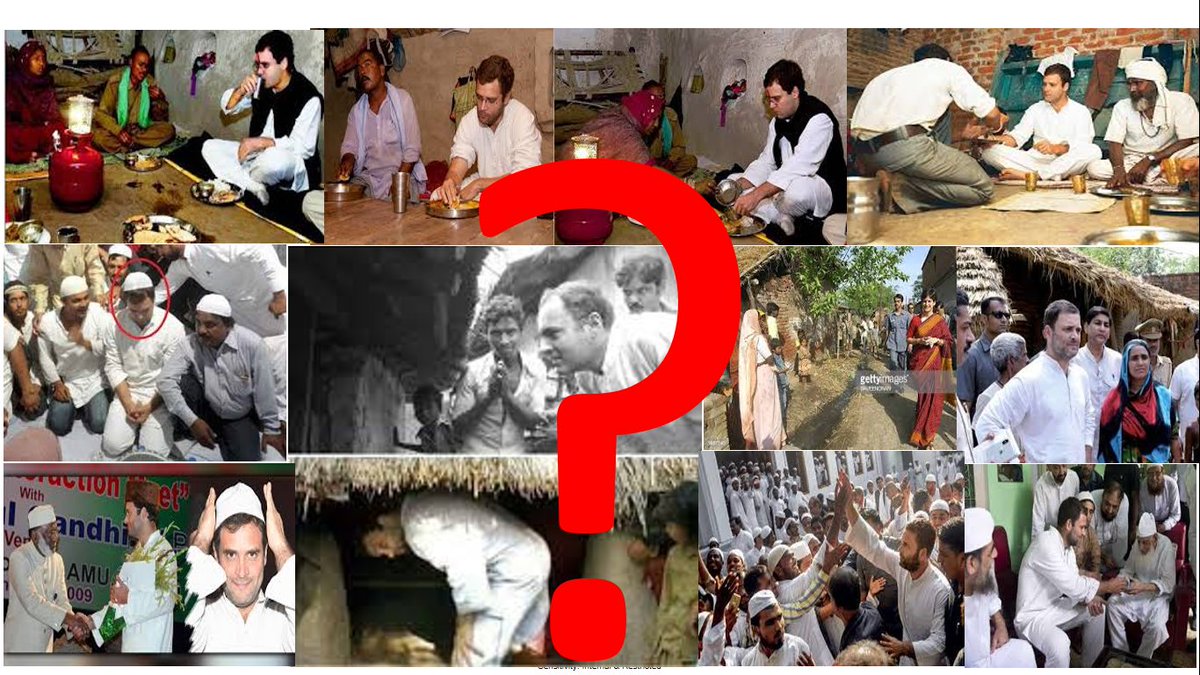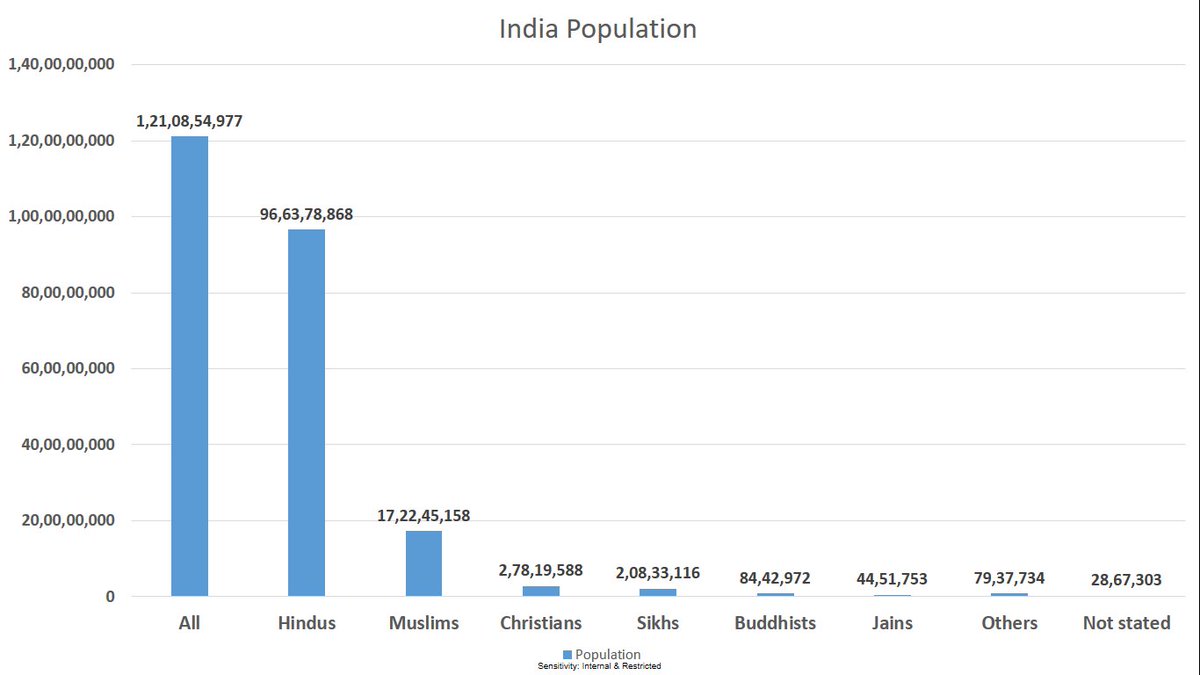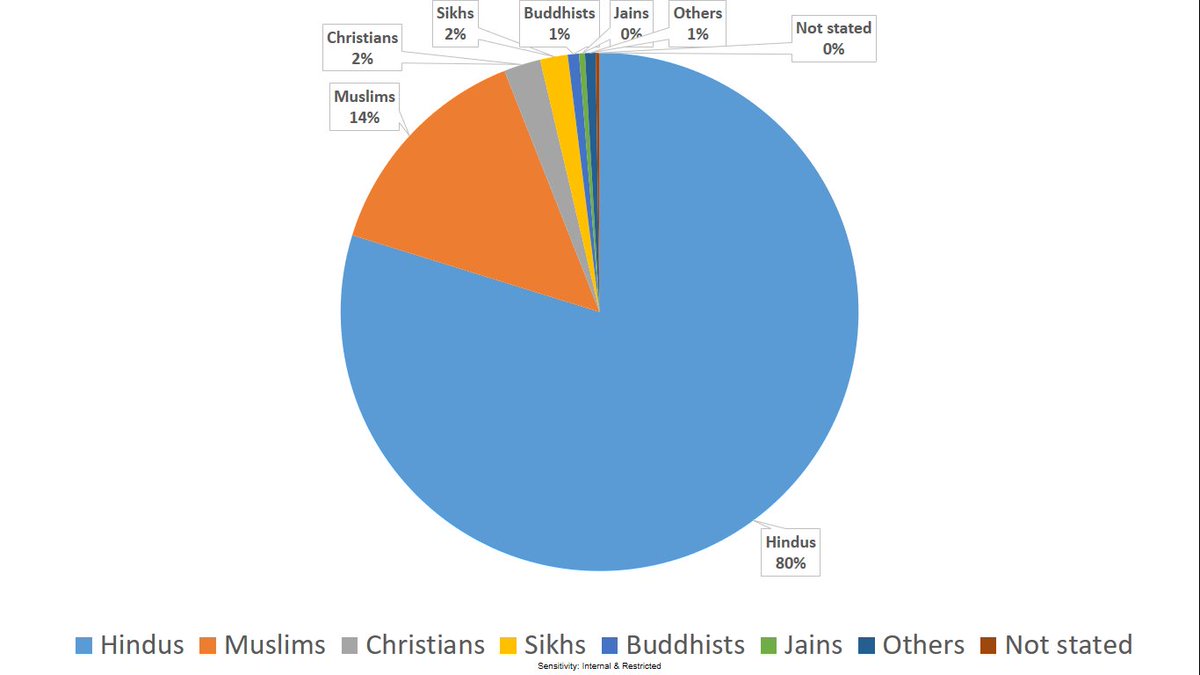2. This medical help was expensive
3. She needed to spend time going to hospital
4. This time spent made it difficult for her to keep full-time employment
5. It was difficult to access financial assistance
1. Access to resources differs at birth and widens each year
2. Poverty creates chronic stress, which affects ability to access resources
"Early education and early support to children from low-income families and not tie access of resources to parents' marital status, socio-economic status, or work status"
(bless her)













